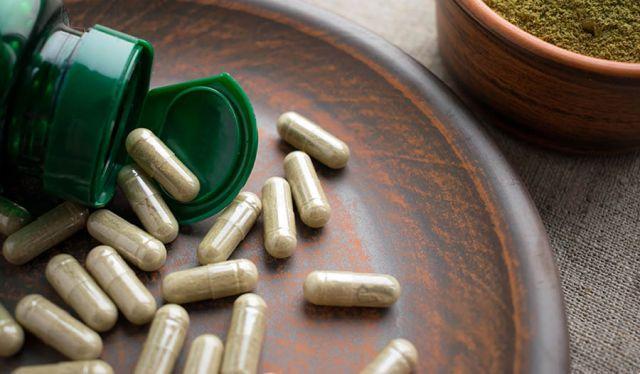
Natural food supplements they are concentrates of nutrients that can be obtained from herbs and plant materials, but also from other natural elements such as royal jelly. They are useful in case of deficiencies of particular nutrients, such as minerals, vitamins or proteins, but there are also some more specific ones such as food supplements for sports.
Many people assume food supplements to stay healthy and healthy. Herbal medicines or plant extracts, also called "natural products", are just one type of dietary supplement.
Dietary supplements can come in the form of pills, powders or liquids and are widely available. Although there is ample evidence that food supplements help prevent and treat nutrient deficiency, few still exist about their usefulness in preventing or treating other diseases.
So there is still a lot we don't know.
If you are considering taking a dietary supplement, or if you are already doing so, here are five tips for you to consider in orienting and choosing the most suitable one.
-
Take charge of your health and be an informed consumer
The standards for the marketing of dietary supplements are very different from the standards for pharmaceuticals. For example, the promoters of a supplement do not have to prove to the Food and Drug Administration (see note 1. at the end of the article) that the supplement is safe or that it really works before it hits store shelves. Find out what scientific studies say about the safety of a dietary supplement and if it actually works. -
"Natural" does not necessarily mean "safe"
For example, Symphytum plants and kava grass can cause severe liver damage. Furthermore, when you read the term “standardized” (or “verified” or “certified”) on the packaging, it is not necessarily a guarantee of the quality of the product or its consistency. -
Interactions are possible
Some dietary supplements may interact with medications (both those prescribed by doctors and over-the-counter drugs) or other dietary supplements, and some may have side effects on their own. Research has shown that St. John's wort interacts with many drugs by interfering with their action, including antidepressants, birth control pills, antiretroviral drugs used to treat HIV infection, and others. -
Be aware of the potential for contamination
Hidden prescription active ingredients or other compounds have been found in some supplements, particularly in dietary supplements marketed for weight loss, sexual health, including erectile dysfunction, and athletic or body-building performance. -
Talk to your primary health professionals
Talk to your doctor about any complementary health products you use, including dietary supplements. This will help give them a complete picture of what you are doing to manage your health and help ensure coordinated and safe care.
Fonte: 5 Tips: What Consumers Need To Know About Dietary Supplements
NOTES
1. Information valid for the United States. The Food and Drug Administration is the body of the American government that deals with regulating the products that are placed on the market, from food to ethical drugs.


























